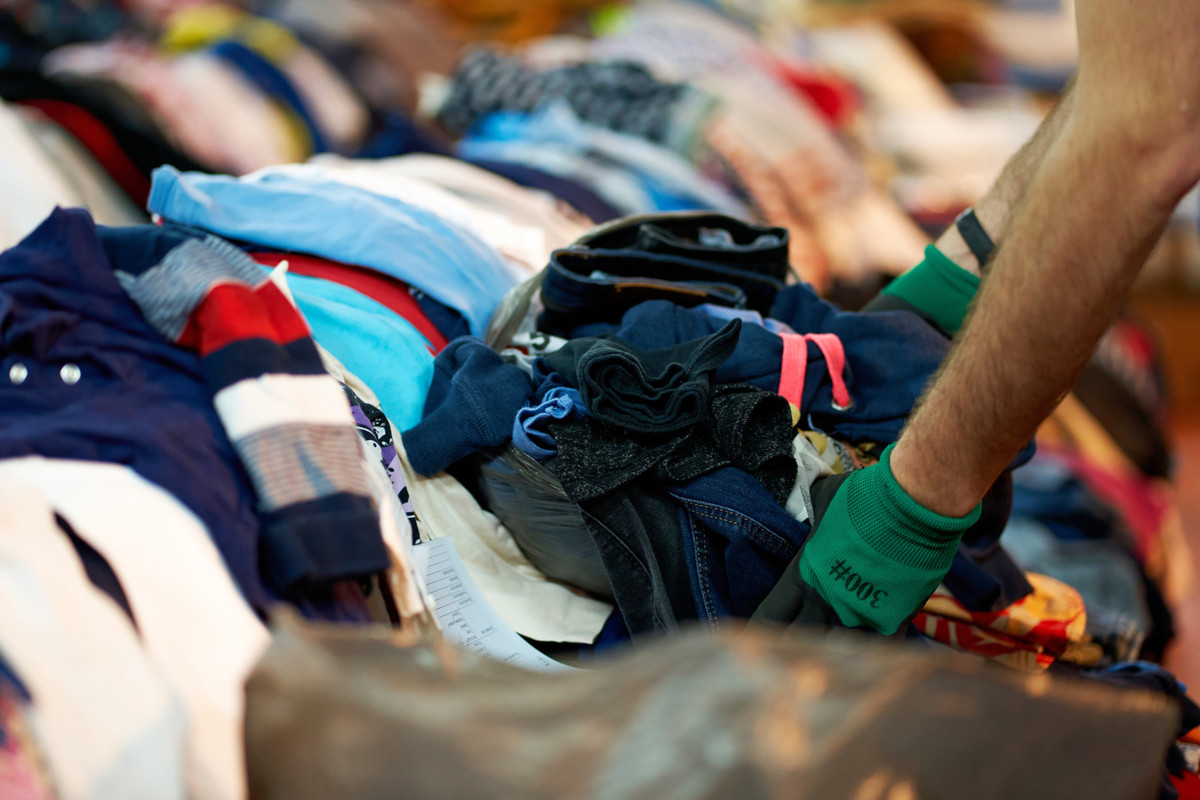Since 1 January 2025, a European directive has imposed stricter rules on the collection of used clothing. From now on, textile waste must be collected separately (from waste) in all EU countries.
Luxembourg didn’t waited for this deadline. From 2022 onward, this obligation was in force in the national legislation. But while the regulations are in place, their application on the ground isn’t complete.
In a response to a parliamentary question from MP (DP), environment minister (CSV) and consumer protection minister (CSV) have revealed that, according to a study carried out in 2022 as part of the triennial monitoring of household waste, each person in Luxembourg still throws away an average of 5.4kg of textiles per year into the bin.
Today, two associations collect clothing in 555 containers throughout the country. In 2023, some 5,181 tonnes of textiles and clothing were collected separately–an encouraging figure, but one that needs to be improved.
Inadequate infrastructure
Municipalities are responsible for managing household waste and they play a key role in strengthening the separate collection of textiles. The ministers have suggested a number of ways of improving this, including introducing a door-to-door collection service, increasing the number of containers in strategic areas and stepping up recovery via resource centres (formerly recycling centres).
Beyond collection, the question of how textiles are reused remains unanswered. While some is reused locally, “the majority is sent abroad to be reused or recovered,” say government officials.
Does Luxembourg have the necessary infrastructure to ensure more local management of this textile waste? That’s the question being asked by Graas. The stakes are high, because beyond simple collection it’s also a question of creating a genuine local circular economy.
A new study will be carried out this year to measure whether the downward trend in textile waste is confirmed. While Luxembourg is ahead of the game when it comes to regulations, there is still work to be done to ensure that textile collection is not just an obligation, but a well-established habit among citizens, and to make this transition to more efficient and sustainable recycling a success.
This article in French.
